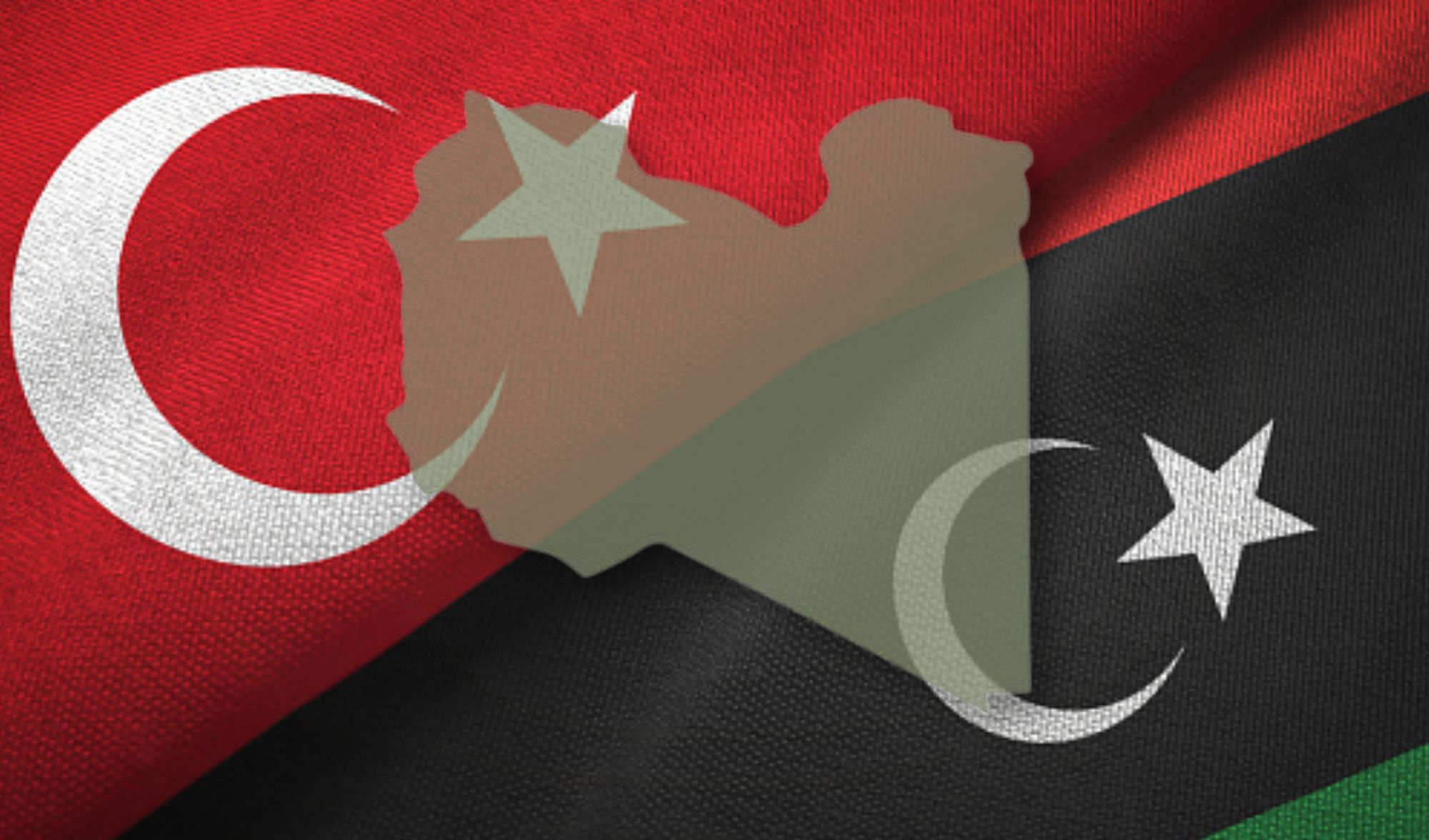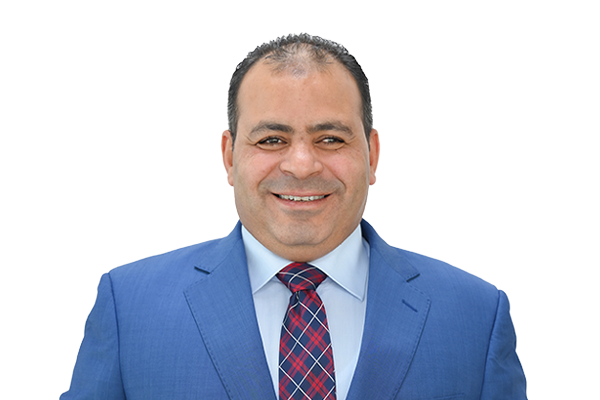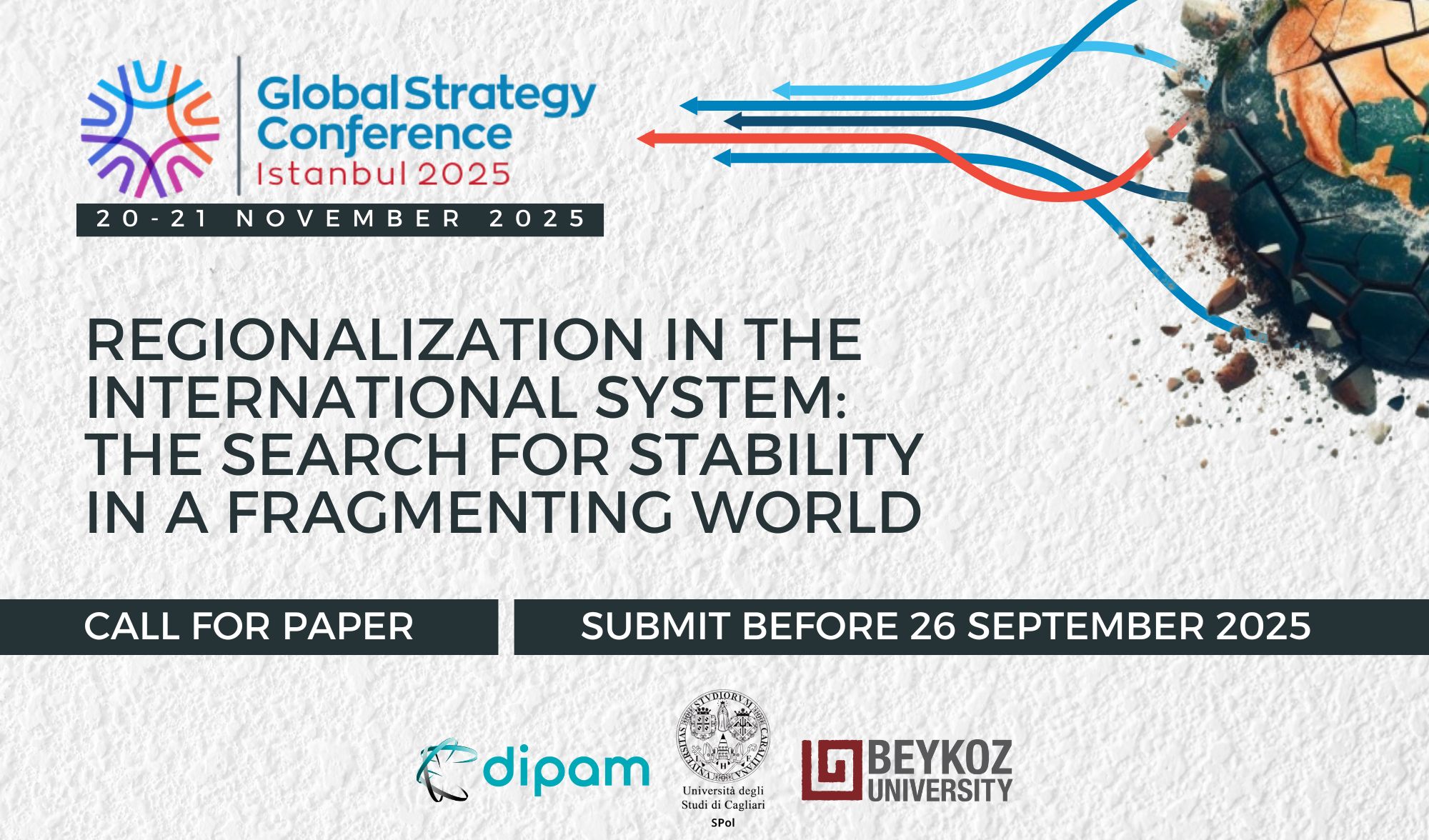The Turkish Navy corvette TCG Kınalıada’s recent port call to Benghazi, followed by intelligence chief İbrahim Kalın’s high-profile meeting with General Khalifa Haftar, the head of the “Libyan National Army”, and his deputy and son, Colonel General Saddam Haftar, marks a milestone in Türkiye’s evolving Libya policy.
This dual-track display of naval presence and political outreach underscores Ankara’s effort to recalibrate its influence across the fractured Libyan landscape, while also safeguarding its interests in the Eastern Mediterranean. It reflects a foreign policy reorientation: moving from alignment to pragmatic engagement with all Libyan actors, while simultaneously entrenching maritime jurisdictions central to its Mavi Vatan (Blue Homeland) vision.
From Confrontation to Engagement
For much of the past decade, Türkiye and the Haftar-led Libyan National Army (LNA) stood on opposing sides of Libya’s polycrisis. In 2019, Haftar’s forces even declared Turkish assets hostile, severing all ties. Ankara’s military support to the UN-recognized Government of National Accord (GNA) in Tripoli was decisive in halting Haftar’s offensive on the capital in 2020. Yet the port call of a Turkish warship to Benghazi—a first of its kind—and Kalın’s direct meeting with Haftar reflect how far relations have shifted from confrontation to cautious engagement.
This shift is not sudden; instead, it builds on incremental steps: the reopening of Türkiye’s consulate in Benghazi, the resumption of Turkish Airlines flights, and multiple visits by Gen. Saddam Haftar to Ankara. The “One Libya, One Army” slogan, emphasized during talks in Benghazi, encapsulates Ankara’s new message: rather than backing one camp, Türkiye now seeks to position itself as a mediator and partner to all Libyan factions.
Securing Maritime Stakes
At the core of this rapprochement lies the contested 2019 Türkiye–Libya maritime delimitation Memorandum of Understanding (MoU), signed with Tripoli but never ratified by the Tobruk-based house of representatives under Haftar’s influence. The MoU is pivotal for Türkiye’s Blue Homeland strategy, which aims to cement Ankara’s maritime jurisdiction in the Eastern Mediterranean and counter Greek/Greek Cypriot claims.
By engaging Haftar directly, Ankara is working to secure ratification of the MoU, which might take place in the coming weeks. The authorization could pave the way for Turkish hydrocarbon exploration between Crete and Libya, a development with direct geopolitical consequences for Greece, Southern Cyprus, and the broader Eastern Mediterranean balance. This comes at a critical time when Greece approved an international tender for four blocs in the contested area south of Crete, part of which Libya claims as its own. The U.S. oil company Chevron has reportedly expressed interest to explore the area mapped out by the Greek authorities, drawing objections from the Tripoli-based government.
TCG Kınalıada’s arrival in Benghazi thus serves both as naval diplomacy and a clear strategic signal. One, it can be read as Ankara’s counter to Greek attempts to exploit the regional power vacuum. Two, by showcasing an Ada-class corvette built under the indigenous MİLGEM program, Türkiye projects itself as a potential supplier to a future unified Libyan fleet. And three, the visit reinforces Ankara’s broader quest to establish itself as a sea power with influence stretching from the Black Sea and the Aegean to the Eastern Mediterranean.
A Broader Naval Outreach
The Benghazi visit gains even more weight when viewed in light of the same TCG Kınalıada’s port call to Alexandria, Egypt in August 2024. Turkish officials had met with Egyptian naval leadership, toured vessels such as the Gamal Abdel Nasser, and hosted a reception underscoring goodwill and cooperation. Temporary naval training exercises were conducted between Turkish and Egyptian forces, featuring a joint drill with the Egyptian Navy’s Gowind-class corvette ENS El Fateh (971), underscoring the steady expansion of bilateral military cooperation.
The Alexandria stop was more than ceremonial. It marked a tangible improvement in Türkiye–Egypt relations, once strained by years of political friction. Against this backdrop, the Benghazi visit comes on top of Alexandria as part of a carefully choreographed sequence—demonstrating Türkiye’s growing naval diplomacy across the region. By extending port calls from Egypt to Libya and from Somalia to the UAE, Ankara signals that its naval outreach is designed to reinforce political rapprochement with former rivals, while cementing its role as a key Mediterranean power. Ankara’s proactive naval diplomacy shows how Blue Homeland is operationalized as both a doctrine of sea power and a strategy for projecting influence.
Libya in Türkiye’s Regional Balancing Act
The Benghazi visit also fits into Türkiye’s wider pattern of reconciliation and regional balancing. After years of friction with Egypt, the UAE, and Saudi Arabia—who once supported Haftar’s campaign—Ankara has mended ties with these actors. The Libya file, long a source of division, is now turning into a potential space for pragmatic coordination. Indeed, Türkiye’s overtures to Haftar reduce the likelihood of friction with Cairo and Abu Dhabi, who continue to wield influence in eastern Libya.
Equally significant is timing. The meeting came shortly after Erdoğan hosted PM Abdul Hamid Dbeibah of the Tripoli-based Government of National Unity (GNU) in Istanbul. Ankara is signaling to both eastern and western camps that it is indispensable to Libya’s future political settlement. By maintaining channels with all sides, Türkiye ensures it cannot be sidelined in shaping Libya’s security architecture, energy partnerships, or reconstruction efforts. The Libyan National Army command described the Benghazi meetings as a step toward deepening “historical relations” and pursuing regional security. Yet, Libya remains divided, elections are repeatedly postponed, and armed groups maintain fragmented chains of command. For Türkiye, investing in dialogue with Haftar is a fair attempt that reconciliation is achievable—or at least that Ankara can secure its core interests regardless of whether Libya reunifies.
Defense industrial cooperation could be the bridge here. Reports indicate that Saddam Haftar has agreed in principle to procure Turkish-made drones and receive training for LNA personnel. Should this materialize, Türkiye would gain leverage as a defense supplier across Libya’s fractured landscape, positioning itself for long-term influence when the country eventually restructures its military.
The Benghazi outreach bolsters Türkiye’s credibility with European partners as well, especially Italy, which shares an interest in stabilizing Libya and curbing migration flows. It also signals to Washington that Ankara can play a constructive role in unifying Libya’s security sector—an agenda consistent with U.S. calls for stabilization, even as Ankara insists on protecting its maritime prerogatives.
Ultimately, Türkiye’s recent moves in Libya and Egypt show a careful but confident turn toward diplomacy backed by naval presence. From Benghazi to Alexandria, Ankara is signaling that it wants to be seen not as a spoiler, but as a bridge-builder and indispensable player in the Mediterranean’s shifting balance. By pairing military diplomacy with pragmatic engagement, Türkiye not only tries to secure its maritime and energy interests but also to strengthen its role in shaping Libya’s eventual political settlement.






